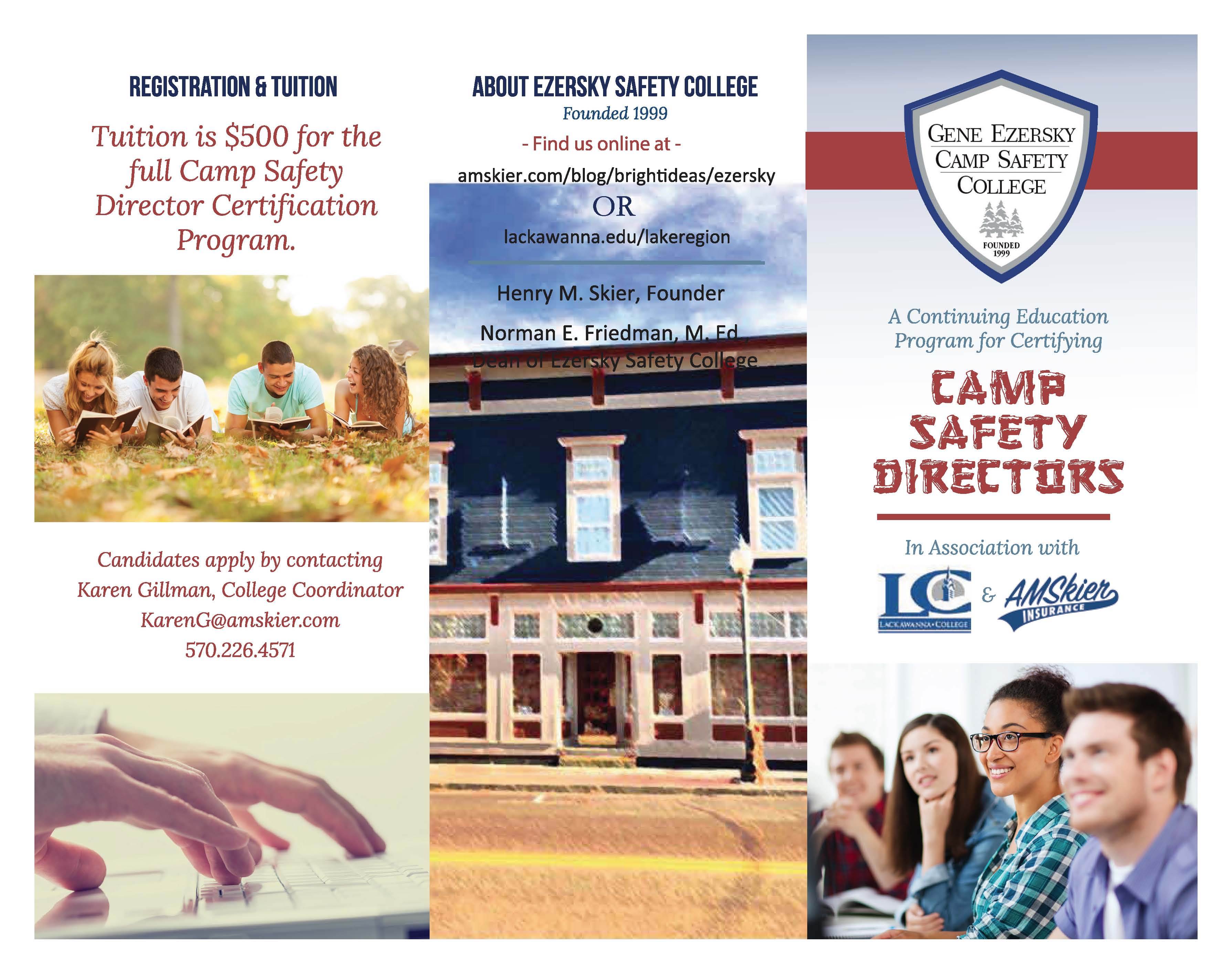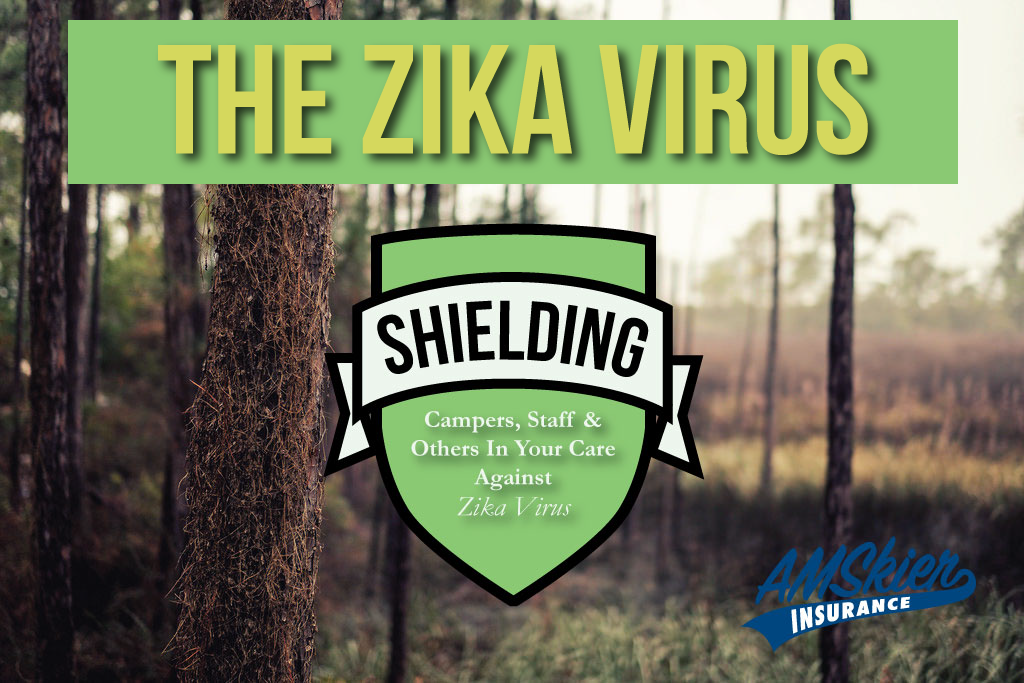 Concerns about the Zika virus have spiked this year as the World Health Organization declared Zika a global public health emergency and hundreds of cases were reported in the U.S. The Centers for Disease Control and Prevention (CDC) has issued travel guidance for pregnant women to postpone travel to Zika-affected countries.
Concerns about the Zika virus have spiked this year as the World Health Organization declared Zika a global public health emergency and hundreds of cases were reported in the U.S. The Centers for Disease Control and Prevention (CDC) has issued travel guidance for pregnant women to postpone travel to Zika-affected countries.
For camp directors and for anyone responsible for the care of others it’s important that focus remains on mosquito prevention. Here are some important facts to know about the Zika virus and on mosquito prevention.
- The Zika virus is spread by the Aedes mosquito and can make anyone sick for up to a week with fever, rash, joint pain, red eyes, and other symptoms. But it’s especially dangerous for women who are pregnant or considering pregnancy because it increases the risk of babies born with microcephaly, a condition marked by an abnormally small head and incomplete brain development.
- There is currently no vaccine to prevent the disease or drug to treat it, making it essential that people avoid mosquito bites, according to the Centers for Disease Control and Prevention.
- The CDC emphasizes that avoiding mosquito bites requires multiple strategies, such as wearing long-sleeved pants and shirts when outdoors. But it says that mosquito repellents are essential, too.
- “Using an insect repellent is one of the best ways you can protect yourself from Zika and other diseases transmitted by mosquitoes,” says Harry Savage, chief of ecology and entomology activity at the CDC’s Division of Vector-Borne Diseases.
- And Consumer Reports’ tests showed that some repellents worked much better than others at protecting against the type of mosquitoes that transmit Zika.
According to Consumer Reports, the top Aedes mosquito insect repellents were composed of 20 percent picardin and kept mosquitos from biting for 8 hours. Specifically, the top performing products were Sawyer Picardin and Natrapel 8 Hour.
Products with IR3535 (Ethyl butylacetylaminopropionate) didn’t make Consumer Reports list of recommended sprays. Neither did repellents with 2-Undecananone or those that contained 7 percent deet or less than 20 percent picaridin.
They also advise skipping most products made with natural plant oils, such as California Baby Natural Bug Blend (a blend of citronella, lemongrass oil, cedar oil, and other ingredients) and EcoSmart Organic, (which includes geraniol, rosemary oil, cinnamon oil, and lemongrass oil). They did not last for more than 1 hour against Aedes mosquitoes, and some failed almost immediately.
At AMSkier Insurance, we care very much about the safety and health of our insured as well as the preparedness of our camp directors. If you found this article relevant, you would really enjoy our regularly scheduled SKI-Way blog which features the opinions of AMSkier Partners, Camp Directors and other experts on issues that are important to camps. These blogs and podcasts offer helpful information for Camp Directors and Counselors on a wide range of issues, including how to protect campers and camps from sexual predators, handling transgender issues and minimizing the unlimited amount of risk involved in operating a summer camp. If you are interested in insuring your camp, business or personal belongings with us, please contact us.
Was This Helpful? Get More Content Like This!
Join Our Broad & Bright Mailing List By Signing Up Below
AMSkier Clients already receive these articles and much more.
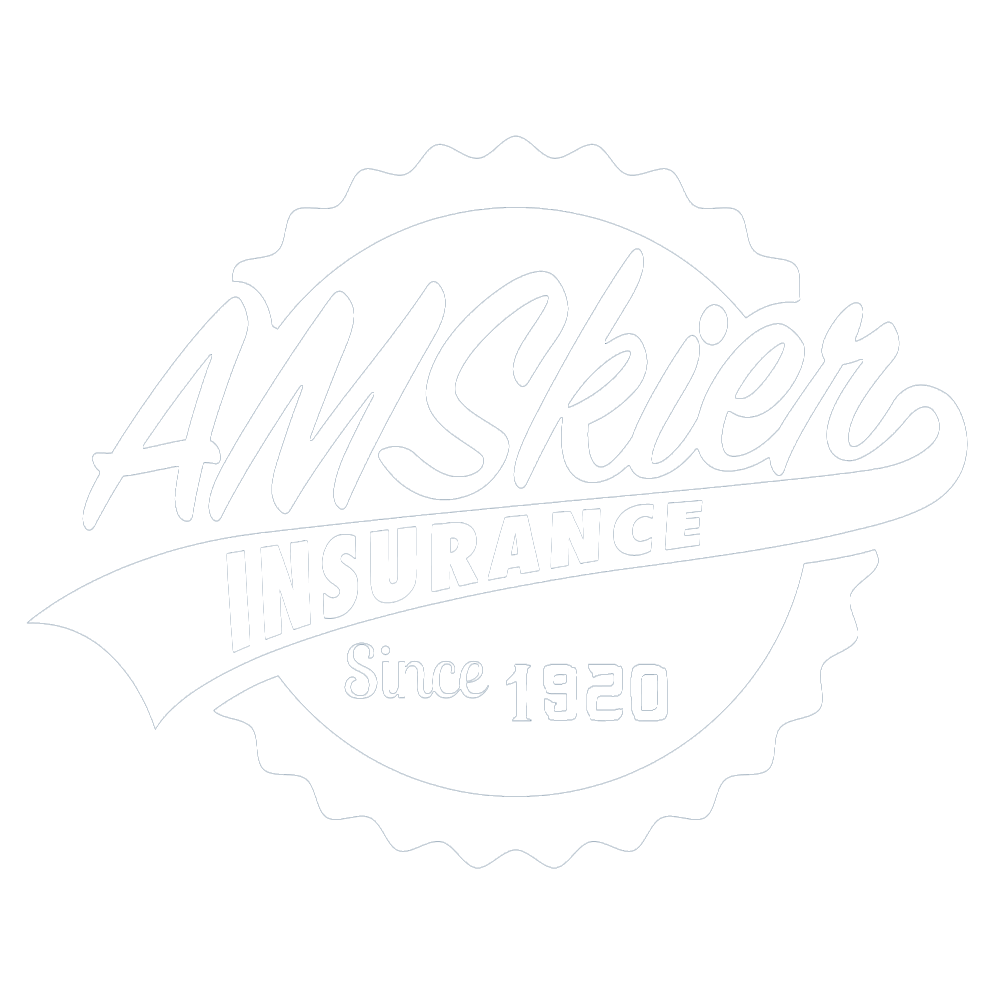
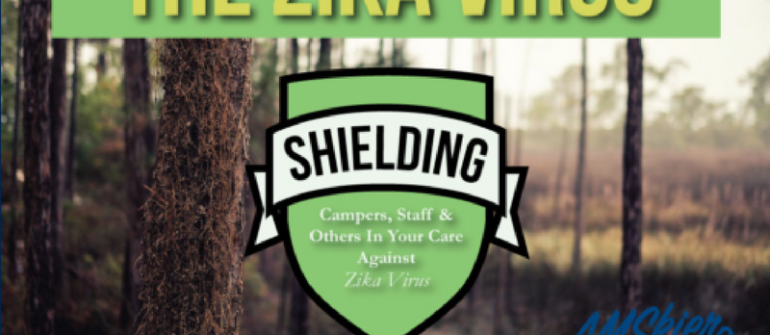
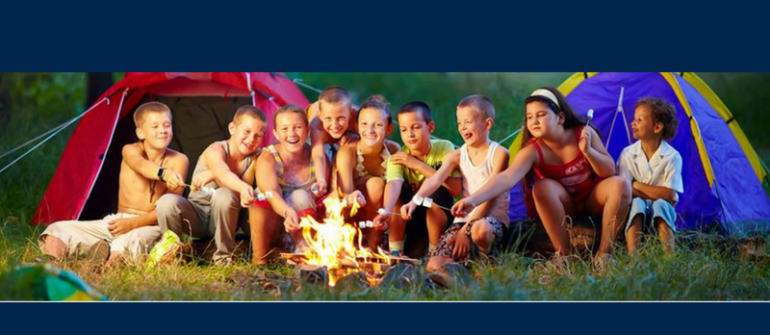
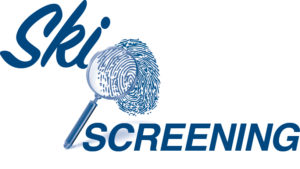

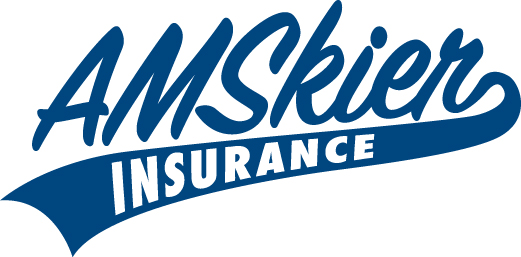

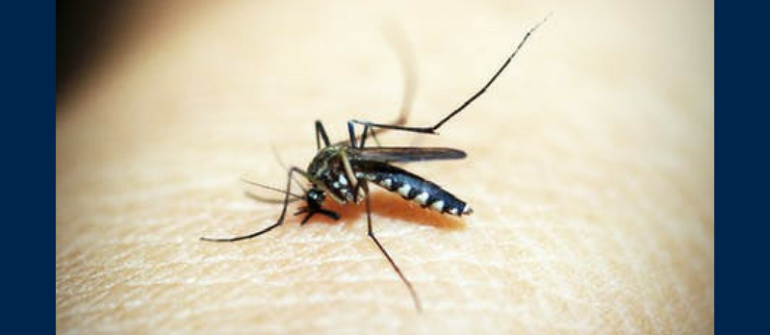
 Concerns about the Zika virus have spiked this year as the World Health Organization declared Zika a global public health emergency and hundreds of cases were reported in the U.S. The Centers for Disease Control and Prevention (CDC) has issued travel guidance for pregnant women to postpone travel to Zika-affected countries.
Concerns about the Zika virus have spiked this year as the World Health Organization declared Zika a global public health emergency and hundreds of cases were reported in the U.S. The Centers for Disease Control and Prevention (CDC) has issued travel guidance for pregnant women to postpone travel to Zika-affected countries.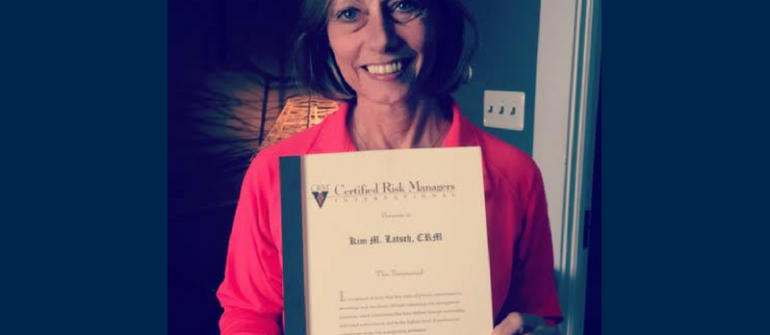
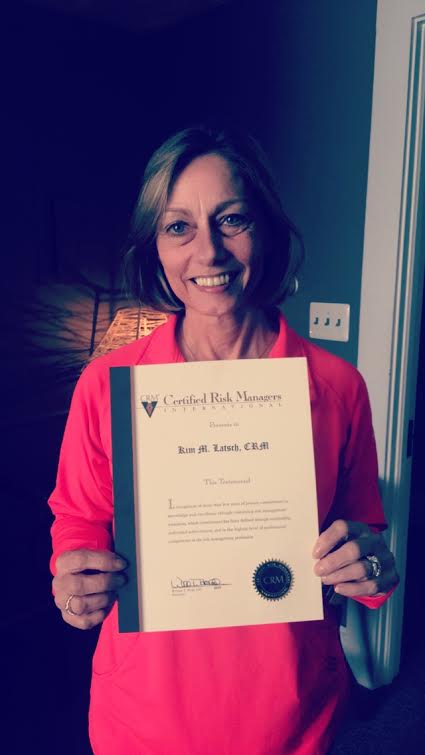 Our very own Kim Latsch was recently honored by Certified Risk Managers (CRM) for leadership and professionalism in the field of risk management.
Our very own Kim Latsch was recently honored by Certified Risk Managers (CRM) for leadership and professionalism in the field of risk management.